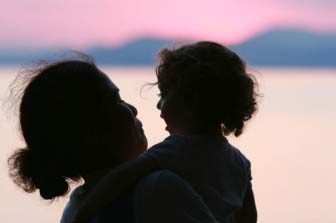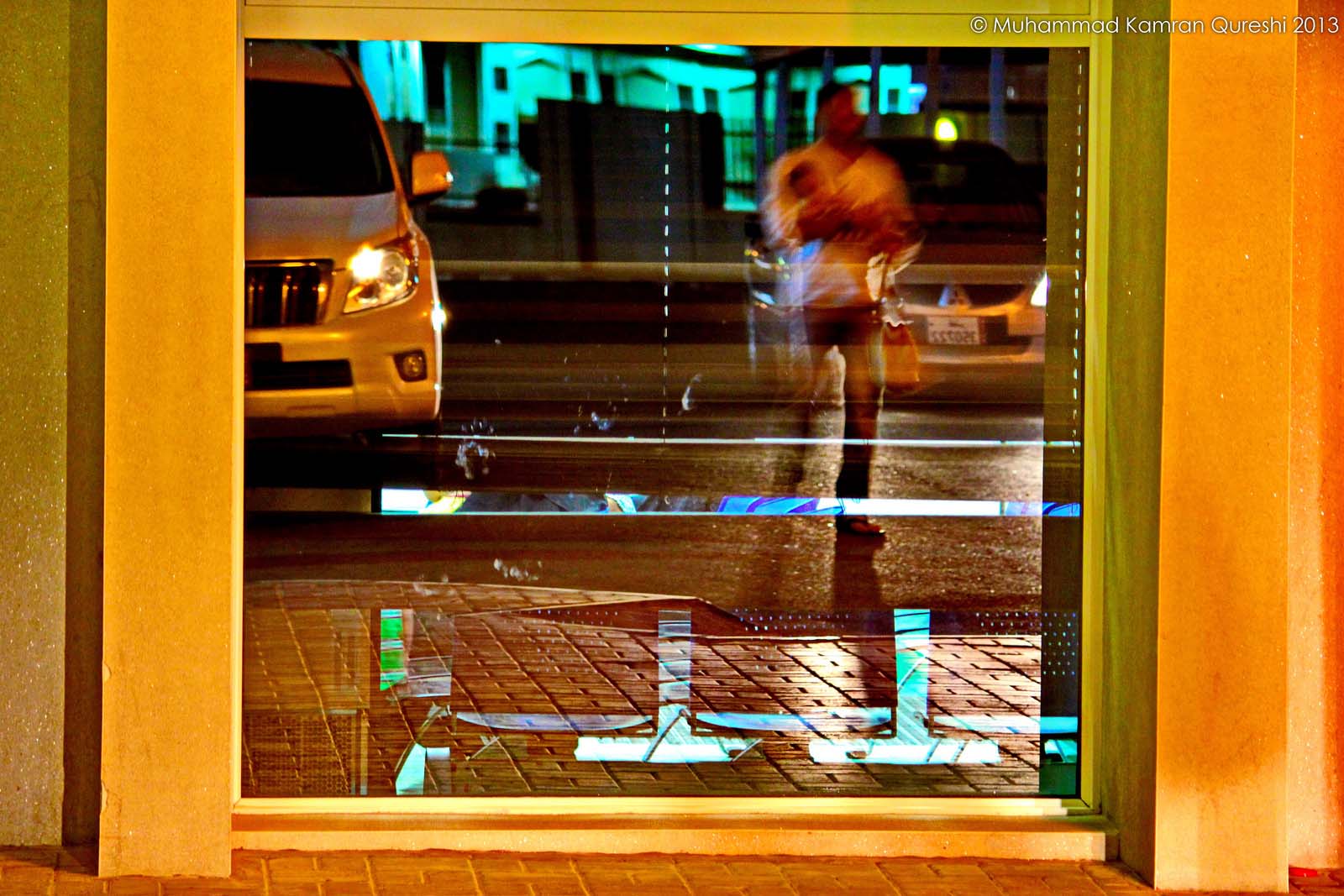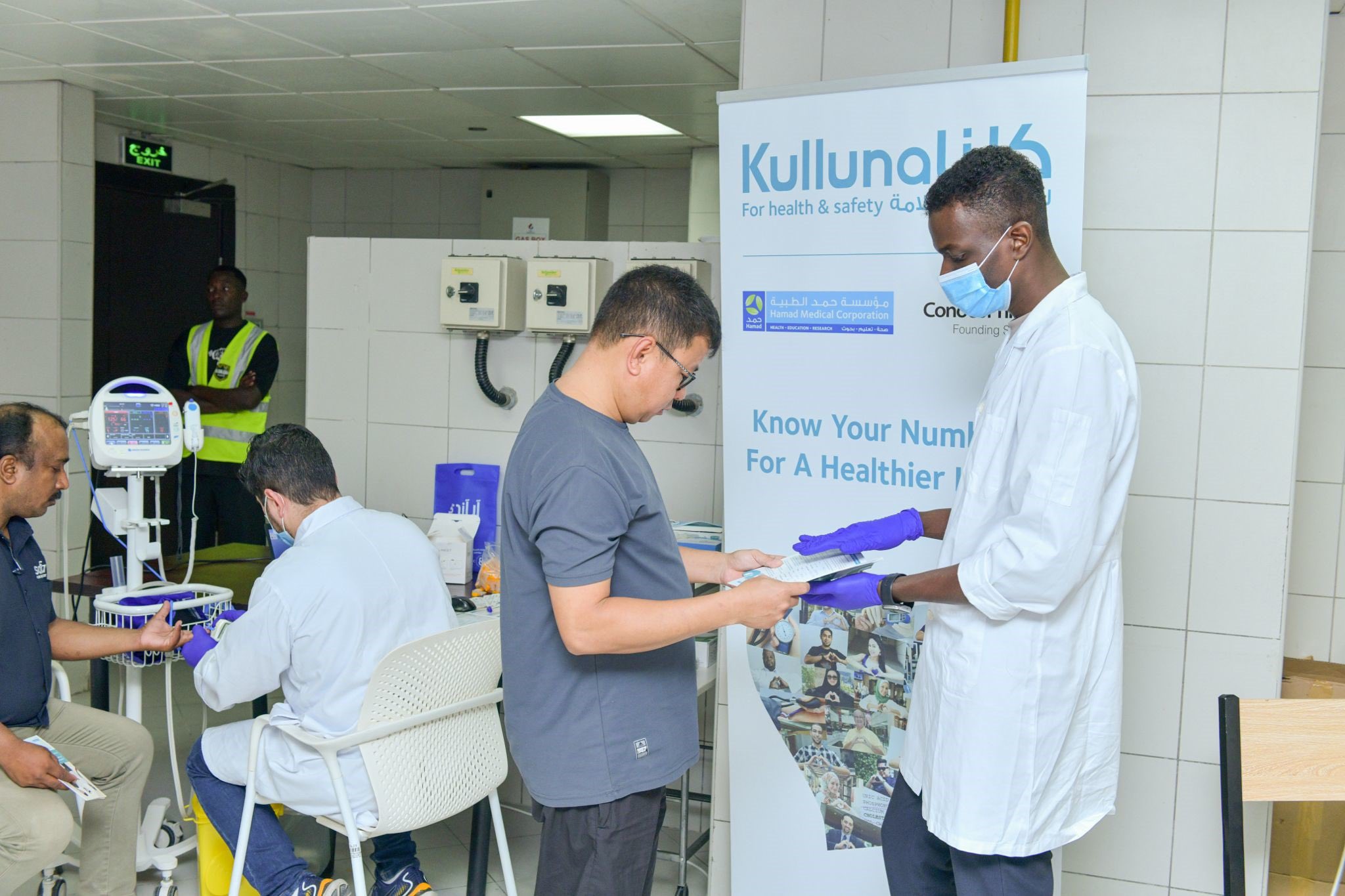
Effective next month, children in Qatar who are taken to Hamad Medical Corp. (HMC) clinics for treatment will only receive non-urgent medical care if they are accompanied by their parents, and not household staff, a senior doctor has said.
This means that starting April 1, public pediatric centers will not treat children who are brought in for routine or non-emergency treatment by a housemaid, nanny or driver.

The child will be given an initial examination to ensure their case is non-urgent, then will either be sent home or told to wait until a parent arrives to accompany them, said Dr. Mohammad Al Amri, assistant director of Pediatric Emergency at HMC, who was quoted in the Peninsula.
Previously, sick children who were brought to clinics by domestic staff have been seen by doctors and nurses. But Al Amri said that the aides are often unable to answer medics’ questions about a child’s medical history, allergies or other issues, which can compromise the treatment plan for the child.
Treatment centers
A member of staff at the Pediatric Emergency Center (PEC) hotline told Doha News this morning that while emergency cases would still be dealt with, children with non-urgent conditions such as “flu, cold or runny nose would be asked to go home until their parent comes with them.”
“If it is really an emergency case, of course we will accept them. But if the child is not very sick, we won’t be able to do any investigation without their mum or dad,” the PEC representative added.
HMC runs five pediatric emergency centers in Qatar. The main center is located in Al Sadd on C-Ring Road, and is open 24 hours a day, seven days a week. Other centers are located in Al Rayyan, Al Shamal and the Airport, while a center at Al Daayen is open daily, 6am to 10pm, according to HMC’s website.
The facilities provide emergency medical care for children up to the age of 14 years old, including neurological, respiratory, cardiac, hematologic, metabolic and gastrointestinal emergencies.
Trauma cases such as deep cuts or broken bones are usually assessed and then transferred to a related center, such as Hamad General Hospital’s emergency department.
Cultural issues
This latest announcement again raises questions about the prevalence of household help in Qatar and its effect on childcare.
In many Gulf countries, children are often looked after by hired help. But the role of “nanny” is usually undertaken by women from non Arabic-speaking countries such as the Philippines and Indonesia, who officially live and work in Qatar as “housemaids.”

There are often many social, cultural and religious differences between domestic workers and their sponsors, which could impact how the child is raised.
However, without a system of state-registered childminders, breakfast clubs and after-school clubs, which are popular in other parts of the world, many working parents have no option but to hire housemaids and nannies to care for their children.
There have been repeated calls in recent years to set up workplace nurseries, as more Qatari women in particular are being encouraged to enter the workforce.
However, others argue that necessity doesn’t drive residents’ heavy reliance on nannies, housemaids, cooks and drivers, but rather the established social norm.
A Dubai-based study published two years ago showed that nearly one in five teenage school children there show elevated symptoms of depression, linked at least part of the issue to the prevalent “nanny culture.”
“A lot of kids here are raised by nannies and the nanny is the primary care giver,” she said. “I don’t know how much emotional support they’re getting … it’s probably more like putting the child in front of the TV and giving them video games,” Dr. Veena Luthra, a consultant psychiatrist at the American Center for Psychiatry and Neurology in Abu Dhabi, was quoted in The National newspaper at the time of the report being published.
To tackle this problem, Qatar recently began training women to work as professional nannies, through classes in first aid, hygiene, nutrition and children’s education.
Classes in the Arabic language, Islamic studies and Qatari culture and values are also a requirement for graduation.
Thoughts?







